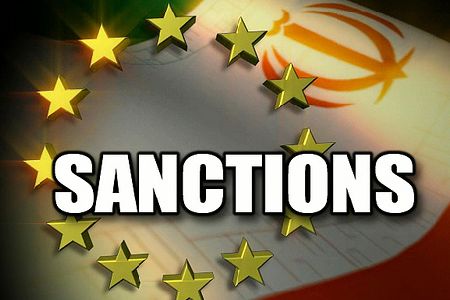
 Any sanctions on Iran’s oil sector imposed over the country’s nuclear program will backfire on the United States, regardless of their outcome, says an energy economist and columnist.
Any sanctions on Iran’s oil sector imposed over the country’s nuclear program will backfire on the United States, regardless of their outcome, says an energy economist and columnist.
“Oil sanctions are a bad idea if they work, and a bad idea if they fail,” wrote Robin M. Mills on the award-winning Foreign Policy website.
If the sanctions work, American allies will be punished and some economically vulnerable countries, such as Greece, will suffer a cutoff of oil just at the time they can least afford it, he explained.
Or, if they “succeed” more dramatically, and Iran’s exports are really interrupted, oil prices will soar, “plunging the world back into renewed recession,” Mills added.
“But most likely, oil sanctions would fail, and a great deal of diplomatic capital will have been expended to no avail,” the energy economist asserted.
He cited the examples of Japan and South Korea as evidence of the failure of the sanctions, saying both countries rely on Iran for 10 percent of their crude imports, and have waived oil sanctions.
The columnist further mentioned the case of Turkey which renewed its long-standing crude contract with Iran on December 21.
“Iran should be able to find ways round tightened oil sanctions,” Mills stressed.
Mills further reiterated the repeated assertions of Iranian officials that the sanctions have served as opportunities for the country.
“The United States’ last secret weapon — embargoing gasoline shipments to Iran — inspired Tehran to make its long-overdue subsidy reform and step up domestic refining capacity,” he said.
Mills who has authored The Myth of the Oil Crisis said domestic Iranian oil and gas companies have also been encouraged to develop shared fields with production potential of 1.1 million barrels per day.
“In a way, the US Congress did Iran a favor,” Mills said.
The economist said the proposed sanctions “make even less sense” on a geopolitical level as the embargos are a gift on a plate to two US rivals, China and Russia.
“The lengths to which the United States will go to shoot itself in the foot are sometimes astounding,” Mills said.
He went on to draw attention to the deliberately concealed cost of the sanctions on the US economy, saying decades of sanctions resulting in expensive oil have set the United States back half a trillion dollars.
“Still unanswered is the rather important question of how the U.S. plans to turn any tactical gains from sanctions into strategic success — or, indeed, even to define what realistic “success” looks like.”
Mills also touched upon the resolve of the Iranian nation in overcoming the sanctions, saying they “have seen their country survive even tougher times than today, and emerge … with revolutionary fervor strengthened.”
“For them to bow to sanctions by making significant concessions on the nuclear issue would be political suicide.”
As an alternative to sanctions, Mills proposed the “acknowledgement of Iran’s legitimate interests, with removal of some sanctions as carrots for cooperation.”
“My advice? Ignore all the crowing coming from Washington,” he concluded.







